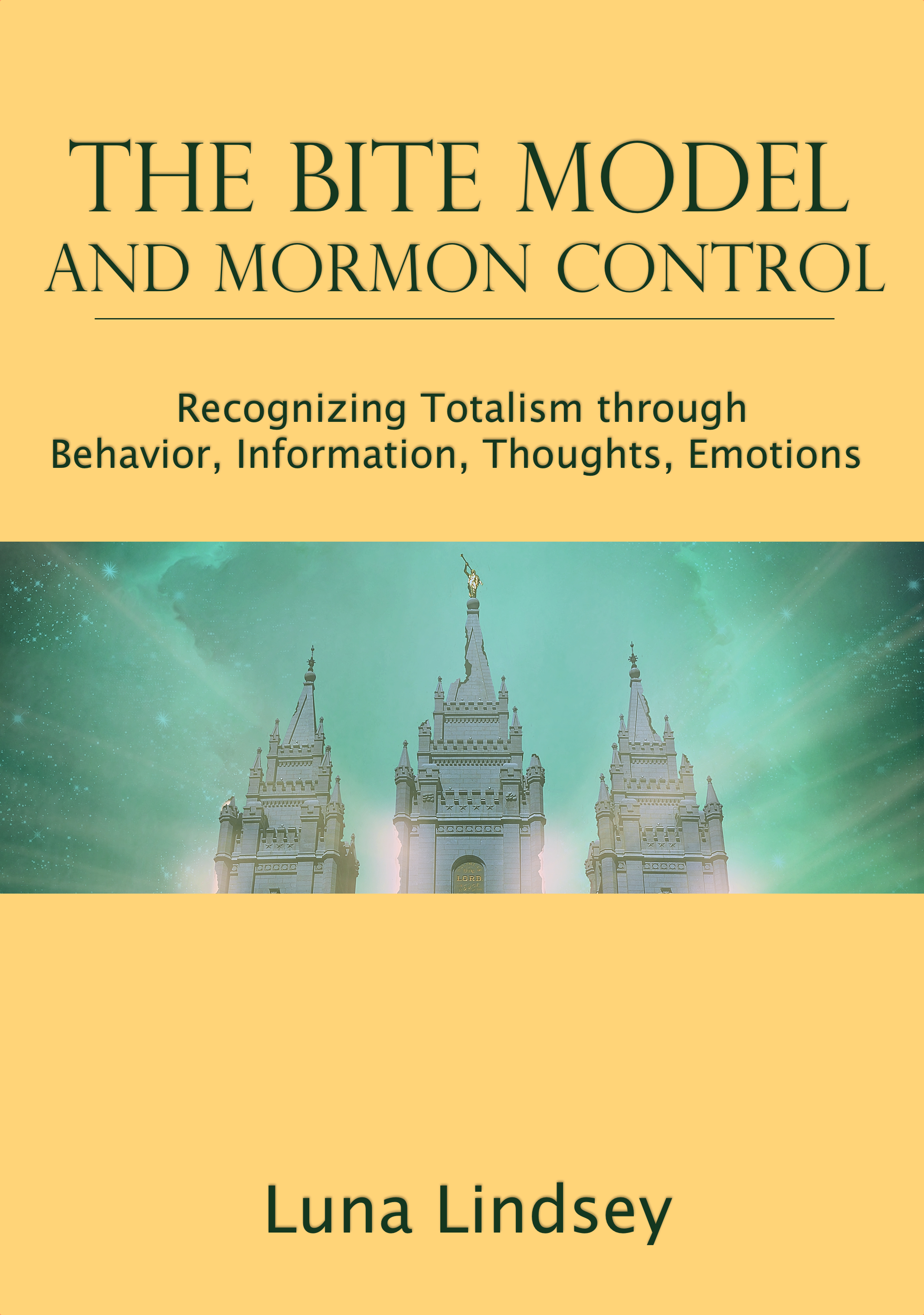The term “Love Bombing” originated with the Moonies to describe a step in their process of conversion. New members are sought out, friendshipped, and invited to group events. Potential recruits are overwhelmed with attention which makes them feel special, loved, and an important part of the new group.
Aspects of this technique include, but are not limited to flattery, verbal seduction, affectionate but usually non-sexual touching, and lots of attention. (Singer, p 114)
Geri-Ann Galanti, a cult researcher, experienced love bombing at a Moonie recruitment camp. Regarding a very personal compliment she received, she stated, “Even though I knew it was a manipulative technique, I wanted to believe she meant it, and I decided that she really did. After all, it matched my own perception of myself.” Recovery from Cults, p 98.
Love-bombing instills trust. It is impossible to think of the new group as harmful, because everyone is so friendly. Everyone seems so happy and nice; how could the group be wrong? Love-bombing can produce a social high. Recruits can come to feel dependent on this feeling and the safety net of belonging to a close-knit group of people. It also makes them feel loyal and dedicated, as they now may feel they owe the group some attention in return.
Sometimes love-bombing involves sexual attraction. Many cults send males to recruit lone females, and females to recruit lone males. In the case of Mormonism, many young women become attracted to young, polished male missionaries. I don’t believe this behavior is intentional, but it works quite often, sometimes resulting in a post-mission marriage.
Other times, member-missionaries (not on formal missions) use sexual attraction to convert members of the opposite sex, which may or may not result in marriage.
Mormons frequently use all kinds of friendshipping techniques to find new and retain existing members. Sometimes this friendship is sincere, but more often than not, it is superficial. As soon as the LDS member realizes their fellowshipping efforts are not paying off, they often shift their attentions elsewhere. They are not interested in someone as a person who they would honestly like to get to know — they are interested in them as a potential convert.
Members of all ages are encouraged to provide service projects, and frequently target “less-active” members or non-members. Home and Visiting Teachers and missionaries are encouraged to provide service especially to those families struggling with Church attendance.
This topic is so frequently expressed in Church lesson manuals, magazines, and Conference talks, that there is little room in this forum to quote examples. For a complete list of examples for your own personal research, visit http://lds.org/search/0,5523,165,00.html and search on “Fellowship”.
Here is an example from the “For the Strength of Youth” pamphlet given to all Mormon teenagers:
“… Invite your nonmember friends to Church activities where they can learn about your standards and the principles of the gospel. Include them in your midweek activities and your Sunday meetings. Help them feel welcome and wanted. Many nonmembers have come into the Church through friends who have involved them in Church activities.”
Here are a few excerpts from the Priesthood manual, Lesson 10, Fellowshipping: A Priesthood Responsibility:
“Although we should be friendly and neighborly and try to show our love to all people, giving help and friendship to new and less-active members is a basic priesthood responsibility…”
“…[Fellowshipping] helps new converts and other Church members feel wanted and needed and motivates them to participate in the Church.”
Here is an example of love bombing from the same priesthood lesson, about Jack, who’s wife is a member:
“Jack, initially reluctant to come [to a block party staged to fellowship him], was surprised and delighted with the easy, natural friendliness of the group. By the evening’s end, he enthusiastically supported the idea of a second party, a picnic in two weeks. No one said anything about going to church [emphasis added], but Allen Westover, who had discussed Jack’s house-painting project at the party, showed up on Saturday with his own ladder—and came back evenings after work. [Two other men] also helped several times…
“Later that month when the elders quorum had a project, Jack was anxious to help them… As the summer progressed, Jack spent more and more time with Church members. There were chats about fishing rods and politics and raising children, about gardening, working out marital difficulties, and handling job pressures. Jack was talking as well as listening. Social evenings with different families included family home evenings and spiritual discussions. To [his wife’s] great joy, Jack told her one evening that he was ready to take the next step of being taught by the missionaries and … joining the Church.”
This story is a perfect demonstration of love bombing. The original goal for planning the block party was to convert Jack. Several Church members became involved, making friends with him and planning further gatherings. They helped him paint his house to help him feel appreciative, and then engaged him in group activities, which made him feel helpful. They discussed non-Church topics with him, circumventing a direct approach that may have turned him off.
Had Jack not been a potential convert, I doubt any of these men would have been bothered to waste their time.
Mormons are encouraged to sincerely and unconditionally love other people, yet this love is not, in reality, unconditional. There are many instances when a Mormon will give the cold shoulder to a fellow member who is not “acting in accordance with the Gospel”.
Certainly when members leave, love is withdrawn. If a member writes a controversial paper or associates with controversial people, they may be subject to “disfellowship” and “excommunication“. The nature of these words is no mistake — they both imply a separation from the group. These are the opposite of love bombing, a total withdrawal of love and support as a punishment for going against the group’s standards.
Furthermore, love bombing helps silence complaints and criticism, long after conversion:
“The apparently loving unanimity of the group masks, and in some cases bolsters, strict rules against private as well as public dissent. Questions are deflected. Critical comments are met with smiling pleas of ‘no negativity’…” (Langone, pp 7-8)
Read more about Love Bombing in my book, Recovering Agency: Lifting the Veil of Mormon Mind Control.



